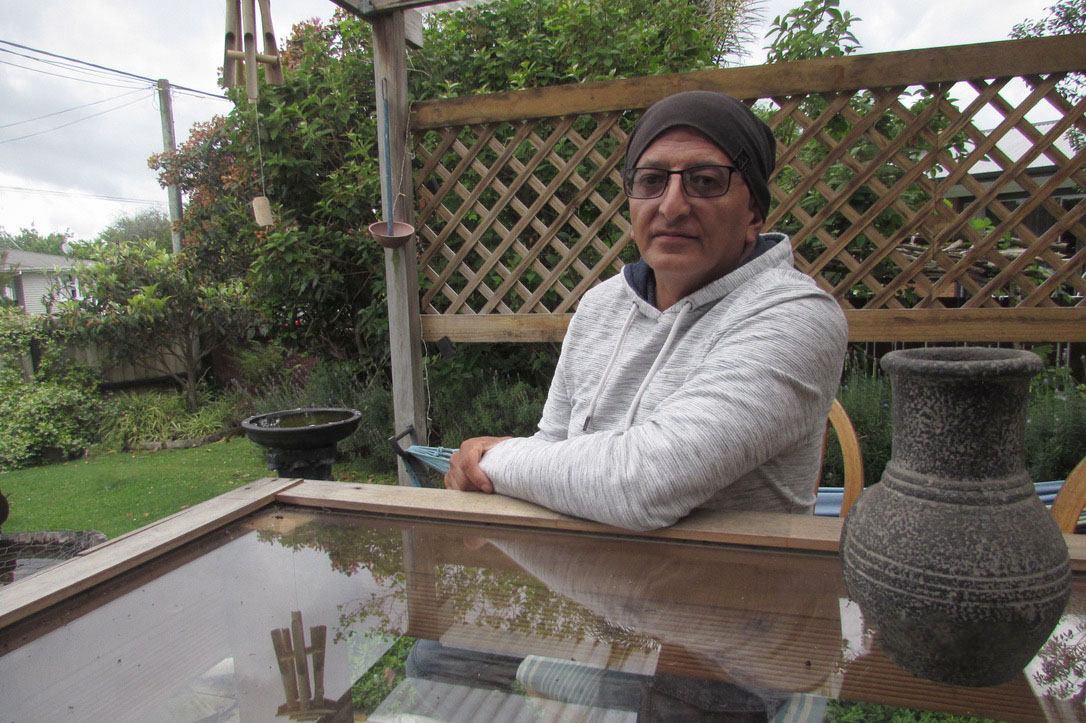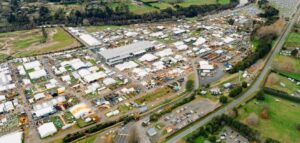The Brave Baháʼí
The Beginnings
Baháʼí is a religion which was founded by Mirza Ali Mohammed in Iran, 1841. The core concept behind the Baháʼí faith is that all religions are equal, and that unity of people is the most important thing in life. The teachings reject sexism, racism and nationalism. Currently there are an estimated 8 million followers worldwide.
Although the religion is peaceful, it has been met with violent opposition. Since the inception of Baháʼí, devotees have been met with persecution. In 1850 one of the three central figures, ‘The Bab’ was executed by Iranian authorities for blasphemy.

In 1863 the second central figure, Baháʼu’lláh was sentenced to life imprisonment for claiming to be a prophet of the Baháʼí faith. The third central figure and Baháʼu’lláhs son, Abdu’l-Bahá, was imprisoned however later released in 1908. He went on to travel in Europe and the United States where he gained a following and helped to spread the word of Baháʼí worldwide.
In modern times, Baháʼí still face persecution in Iran. Just between July 31 and August 24 of this year, more than 30 people had their properties confiscated with many more being forced to wear an ankle bracelet, as observed by Amnesty International.
However some of the worst came shortly after the Iranian Revolution in 1979. Known as the Islamic revolution, this was a time when Iran changed from a Western aligned, and progressive government into an anti Western, pro religious conservatives government. Many Iranians were exiled, and those who did fit into the Islamic values faced many injustices. The new powers confiscated the Baháʼí people’s property, excluded them from jobs and education, took their passports, as well as carried out their murders. Those were very dark days for the Baháʼí who remained in Iran.
It is unknown how many Baháʼí were able to leave Iran. Having passports taken made it very hard for them to leave the country.
Between 1987-1989 Aotearoa New Zealand accepted 142 Baháʼí as Asylum Seekers, welcoming them into the country. They have established themselves in our communities and now there’s a total of 2925 practicing members of the Baháʼí faith in Aotearoa, based on the 2018 census.

The Story of Kaveh
Kaveh Farbeh 54, is a resident of Kirikiriroa Hamilton who came to Aotearoa New Zealand as a refugee in 1988. Kaveh was a student studying Computer Science at the University of Tehran when the Ayatollah (Leader) cracked down on people of the Baháʼí faith which led to his expulsion. His family’s property was stolen and his father was fired from his job – all because of the religion they believed in.
Kaveh’s father did not sit back while this happened however and he hatched a plan.
“He told me to pack my things and get ready for a long trip, I didn’t know where we were going,”
Kavehs father had paid a human smuggler to take his son out of the country.
“My parents only had enough to get me out.”
He left behind his Mother and Father and began the journey alone. Kaveh had to take a bus leaving from Tehran, Iran and try to make it to the border with Pakistan where the smuggler would then get him across. With no passport, this was not an easy task.
Dodging checkpoints and spending days on a bus, Kaveh eventually arrived at the border of Pakistan.
The smuggler took Kaveh where they spent three days in the Kharan desert crossing into Pakistan before catching another bus to Karachi.
Kaveh would spend the next two years in Pakistan, alone.
“It was a hard time, I did not know when I would see my family”.
Due to visa issues, Kaveh would again need to leave his new home. Kaveh was in touch with the United Nations Humans Rights Commission in Lahore, Pakistan during this time. Dialogue between Kaveh, UNHRC and the New Zealand government led to his Asylum being accepted as he had suffered human rights abuses and he was given refugee status in New Zealand. After a long journey, he was finally away from danger.
When Kaveh arrived in Aotearoa New Zealand, he was assigned to live in Kirikiriroa Hamilton.
“I was happy because the Baháʼí people took good care of me when I arrived.”
Although it was not easy, Kaveh began to set himself up for his new life.
“I was lucky because I already knew English, it was much harder for others”.
Kaveh got a job helping people with disabilities, completed his diploma in computer Science and met his love, Meegan. They have now been married for 20 years. After some time his mother was able to join him in Aotearoa New Zealand which made his new life complete.
Kaveh is just one of many who now call this country home, improving it for all.
With the current events in Iran it is likely more will follow who will bring their stories to Aotearoa.
“I am thankful for the life I have in New Zealand”
Kaveh Farbeh





